How Yahya Sinwar’s elevation bolsters Iran-Hamas ties
New Hamas political chief Yahya Sinwar oversaw the October 7 attacks on Israel and shares Iran’s goal of destroying the state of Israel to achieve Palestinian statehood.
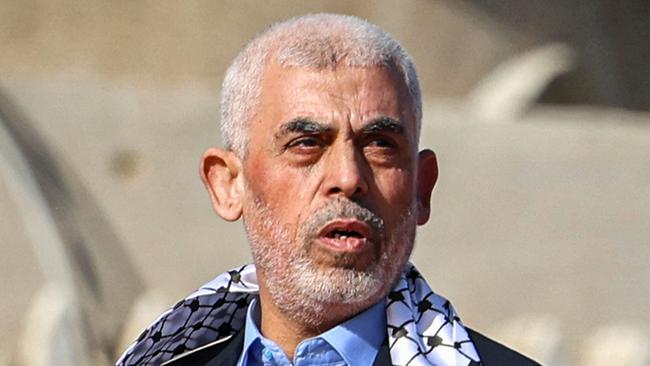
Hamas’s elevation of the October 7 attacks’ architect, Yahya Sinwar, as its leader cements the militant group’s strategic ties to Iran, signalling a united front between Tehran and its axis of militias in a conflict with Israel and the US.
Iran has supported Hamas with funds and training in recent years, but the relationship between Tehran’s Shi’ite Muslim clerics and Gaza’s Sunni Muslim militants was historically fraught with tension.
Tehran split with Hamas over its support for the Arab Spring in Syria and didn’t join the fighting after Oct. 7, as Sinwar and others had hoped. Inside Hamas, there was a schism over how much to trust Iran.
Sinwar put to rest the debate in the hours after the previous Hamas political leader, Ismail Haniyeh, was killed in a Tehran apartment under Iranian military guard.
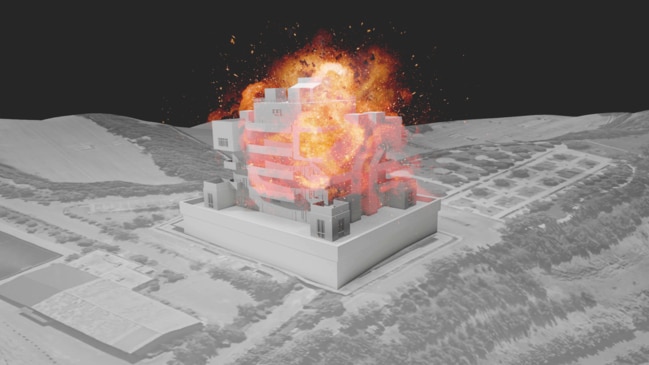
When members of the group gathered to select a replacement, Sinwar – believed to be in hiding in a Gaza tunnel – interrupted the deliberations with a message: the new leader must be someone close to Iran, said Arab and Hamas officials familiar with the matter.
By Tuesday, Hamas announced Sinwar as its new leader. The decision sidelined other Hamas leaders negotiating with Israel, including Khaled Meshaal, who was supported by Hamas’s longtime Sunni backers, Turkey and Qatar.
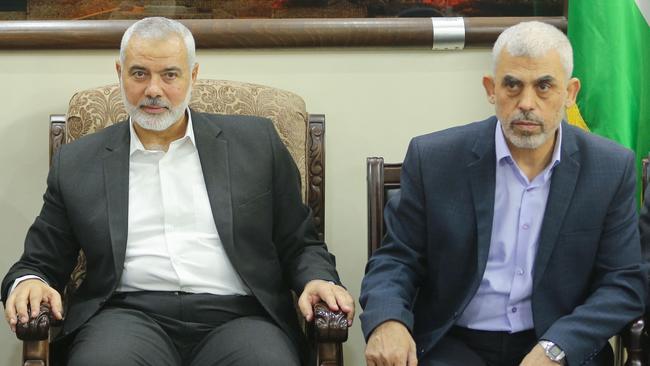
Sinwar’s victory over Meshaal underscored Iran’s growing sway in the Sunni Muslim world.
“It clearly puts at the top of the group someone who is seen to be much closer to Iran,” said Hugh Lovatt, a senior policy fellow at the European Council on Foreign Relations, who had heard the movement was deadlocked over the decision.
That Hamas’s senior members would elevate Sinwar indicates the movement supports his strategy of waging war against Israel alongside Iran’s militia allies.
Sinwar wants to achieve Palestinian statehood and shares Iran’s goal of destroying the state of Israel to achieve it.
“Sinwar is a military leader,” said Younis Al-Zuraie, a Palestinian political analyst based in Gaza. “The military’s relationships are connected solely with Iran in the region.”
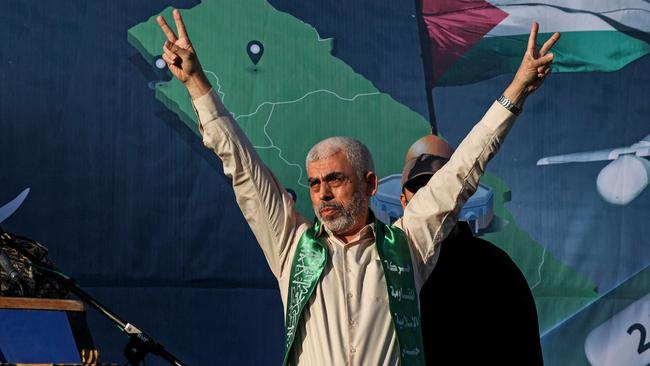
Inside Israel, Sinwar’s ascension signalled a significant change in the Hamas-Iran relationship. “The election of Yahya Sinwar as the leader of Hamas must send a clear message to the world that the Palestinian issue is now completely controlled by Iran and Hamas,” Israeli Foreign Minister Israel Katz said in a statement Wednesday.
Sinwar assumes Hamas’s leadership at a particularly tense time as Israel awaits a response from Iran and Hezbollah to twin targeted killings, including Haniyeh’s death, that have put the Middle East on the brink of a broader war.
Sinwar has been the main figure directing the war in the strip for the past 10 months, and he seeks a regional war that could achieve Palestinian statehood at the expense of Israel.
As Hamas’s political leader, Sinwar is likely to complicate US efforts to gain a ceasefire, according to Arab ceasefire negotiators. While much of Hamas’s leadership is US-designated terrorists, there are hard-line factions and moderates who want a ceasefire.
Sinwar is a hardliner whose approach is to take maximalist positions that attempt to force compromise from Israel.
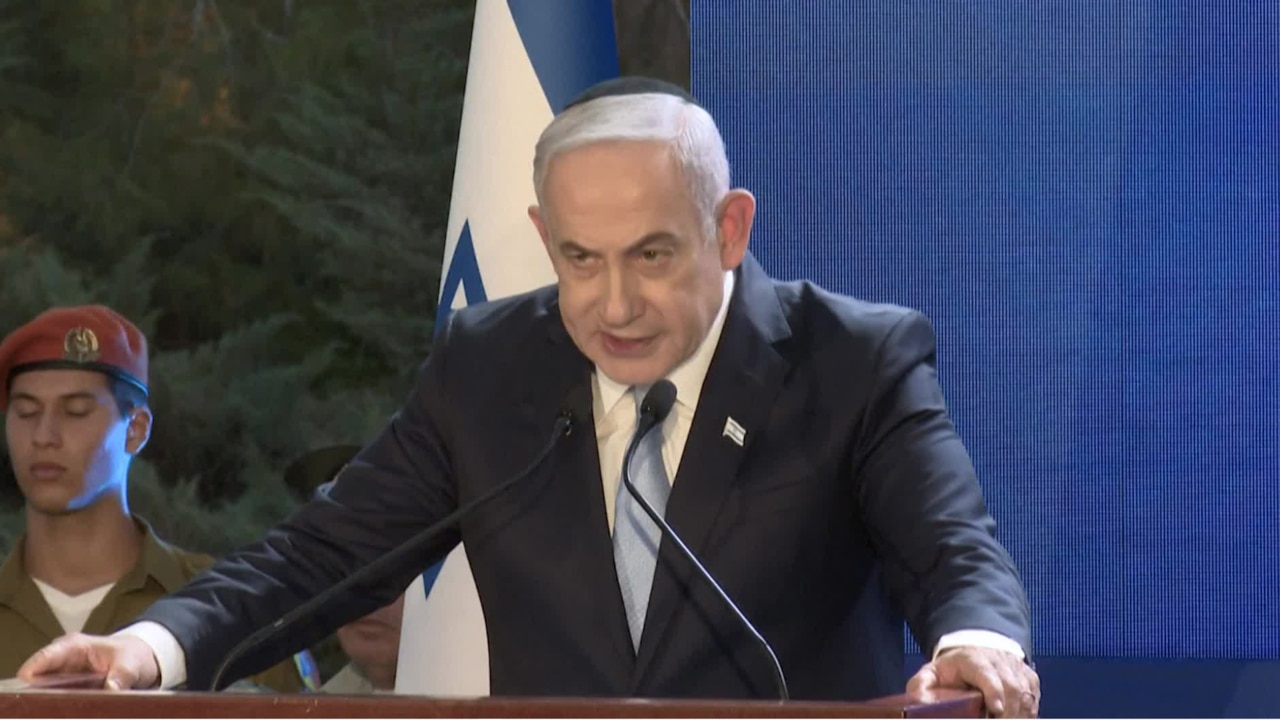
Agreeing to a ceasefire deal could be harder for Israeli Prime Minister Benjamin Netanyahu to push with his right-wing allies who want to see Hamas’s military capabilities destroyed and Sinwar killed.
The Hamas leader is now the Israeli military’s No. 1 assassination target, complicating his ability to manage the Hamas movement and potentially negotiate a ceasefire.
Sinwar was among the strongest advocates for repairing Hamas’s relationship with Iran after the strains of the Arab Spring. He first reached out while in an Israeli prison serving multiple life sentences for murder convictions.
Freed in a 2011 swap along with about 1000 other Palestinians in Israeli custody for one Hamas-held hostage, Israeli soldier Gilad Shalit, Sinwar emerged from prison at a time when Hamas’s relations with Iran were fraught.
Iran and Hezbollah backed Bashar al-Assad’s repressive crackdown against his Sunni population in Syria, where Hamas was based at the time. Hamas supported the Sunni uprisings and later relocated to Doha.
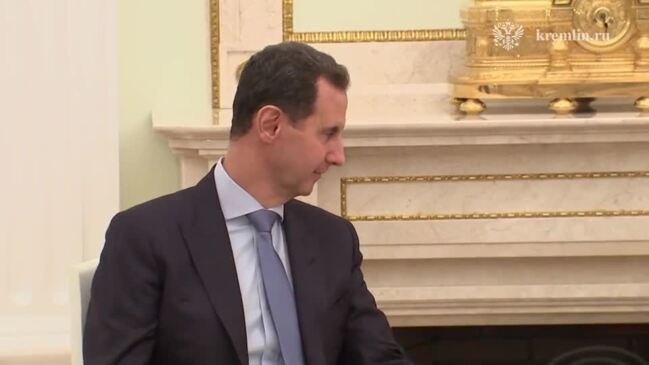
In 2012, Sinwar won a position in Hamas’s political bureau overseeing the military wing, and five years later became leader in Gaza. He soon sought to reconnect with Iran.
In 2021, he started a short, 11-day conflict with Israel amid tensions between Israeli Jews and Palestinians in Jerusalem. After a ceasefire, Sinwar called a news conference, railing against his enemy before pausing.
“There is something that needs to be said,” Sinwar told journalists. Hamas, he said, was grateful to the Iranians for providing money, weapons and expertise in fighting Israel.
“They weren’t with us on the ground. But they were with us,” he added.
Despite public cozy ties, Sinwar appears to have also misinterpreted the support that Iran and another Tehran-backed militia, Hezbollah in Lebanon, were willing to offer in the event of a war, and appears to have been disappointed when they didn’t join the fight against Israel after Oct. 7.
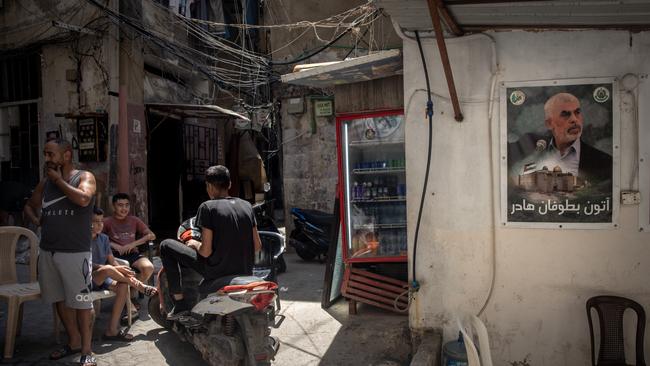
Throughout the current war, he has continued to communicate with his Iran-backed allies, playing to their Shi’ite backgrounds.
In one message, the Hamas leader likened the war to a seventh-century battle in Karbala, Iraq, where the grandson of the Prophet Muhammad was controversially slain, an important moment for Shia Muslims.
Inside Gaza, Sinwar’s rise was met with concern among some Palestinians wanting an end to the war.
“We all know that Sinwar is a dictator, and that he might not be interested in ending the war soon,” said 37-year-old Lina Fawwaz from Gaza City.
“I don’t think he was a good choice at all, however I can’t see who else could have been.”
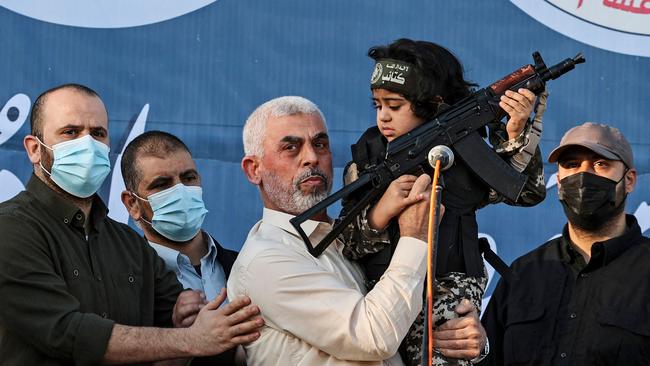
Some Palestinians welcomed the appointment of someone they see as standing up to Israel. Sinwar has become increasingly popular over his handling of the war, even as he has at times slowed ceasefire negotiations, according to a June poll by the West Bank-based Palestinian Centre for Policy and Survey Research.
His ascension to leader is “perceived among Palestinians in a positive way”, said Ghassan Khatib, a lecturer at Birzeit University in the West Bank. “He has been calling the shots anyhow.
“But we don’t know how this war is going to end,” Khatib said. “We don’t know if they are going to survive.”
Abeer Ayyoub and Saleh al-Batati contributed to this article.
The Wall Street Journal

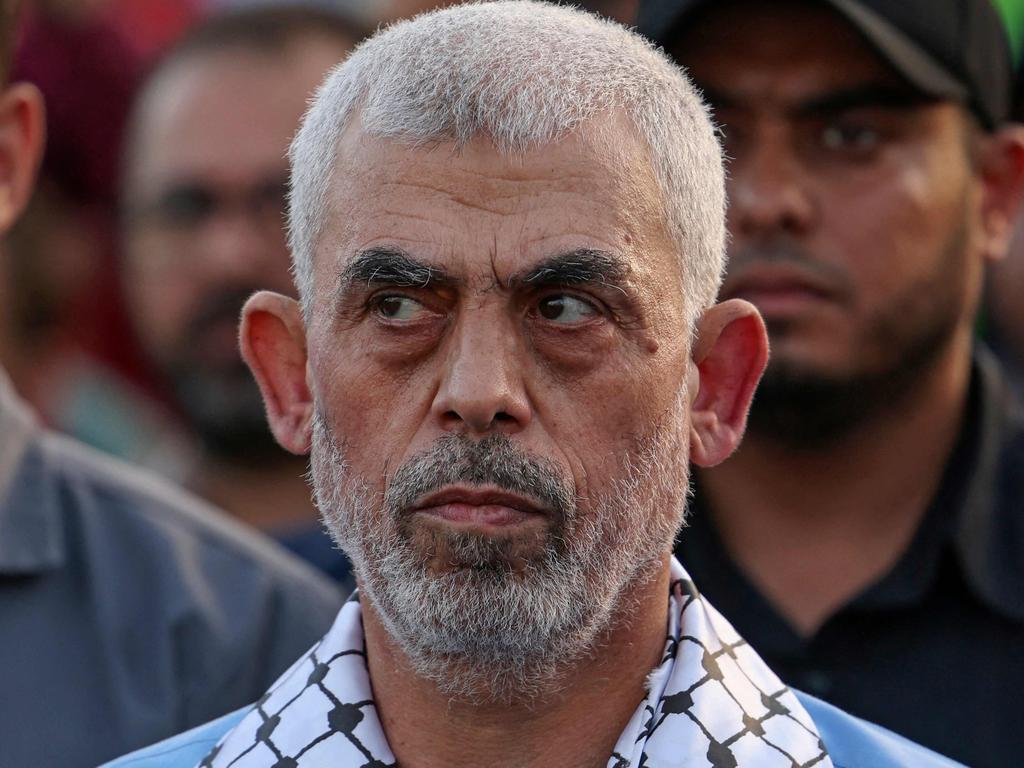

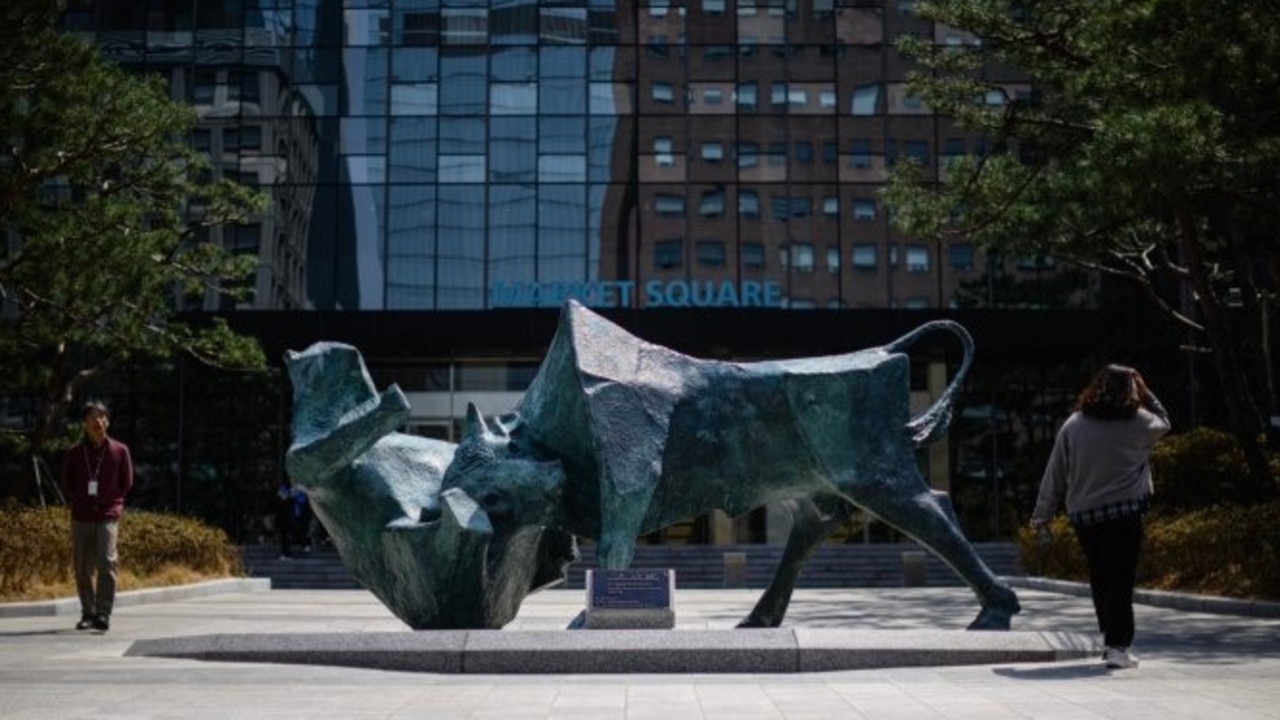

To join the conversation, please log in. Don't have an account? Register
Join the conversation, you are commenting as Logout